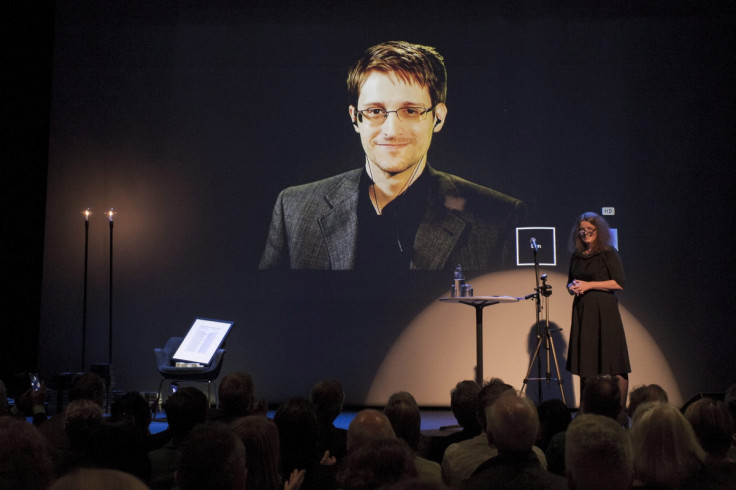Edward Snowden's lawyer in final clemency push to Barack Obama over treason charges
Whistleblower holed up in Moscow bur appealing to world via 'Snowbot' computer.

The lawyer for National Security Agency whistleblower Edward Snowden has vowed to pull out all the stops in one final push for clemency for his client from President Obama. "We're going to make a very strong case between now and the end of this administration that this is one of those rare cases for which the pardon power exists," American Civil Liberties Union lawyer Ben Wizner told New York magazine.
"It's not for when somebody didn't break the law. It's for when they did and there are extraordinary reasons for not enforcing the law against the person."
Snowden isn't holding out much hope, however, on the US treason charges against him. President Obama hasn't given any signals that he is softening, even though former attorney general Eric Holder said in May that Snowden "actually performed a public service" when he released classified documents for the first time showing a vast surveillance network by the NSA of American citizens and foreigners, including national leaders.
Democratic presidential candidate Hillary Clinton has said Snowden should not be allowed to return to America from his refuge in Moscow without "facing the music," and Donald Trump has suggested that he should be executed.
Much of the New York magazine piece concerned Snowden's use of what he calls a "Snowbot" — actually a BeamPro — a flat-screen monitor that stands on top of a pair of legs with a camera that acts as a swivelling single eye. From his Moscow home, Snowden can control the Snowbot with his computer, turning to make eye contact with people as they speak.
The Snowbot extends his reach, increasing his ability to "have influence on the issues that I care about, the same influence I didn't have when I was sitting at the NSA," Snowden told the magazine.
He is convinced that his former colleagues believe the system he exposed was wrong, adding: "They're saying they still don't like me — tut-tut, very bad — but they recognize that it was the right decision, that the public should have known about this."
© Copyright IBTimes 2025. All rights reserved.





















